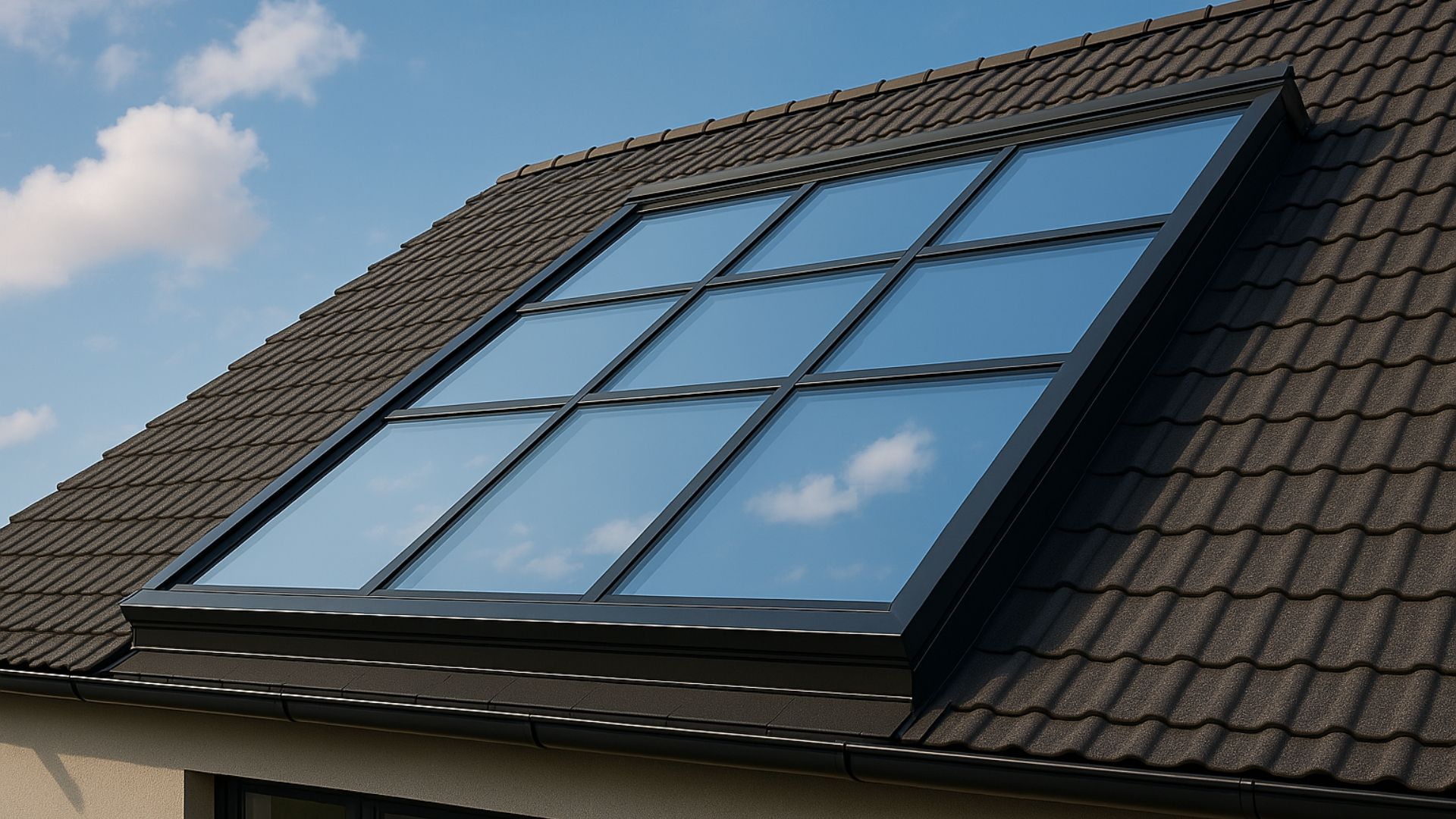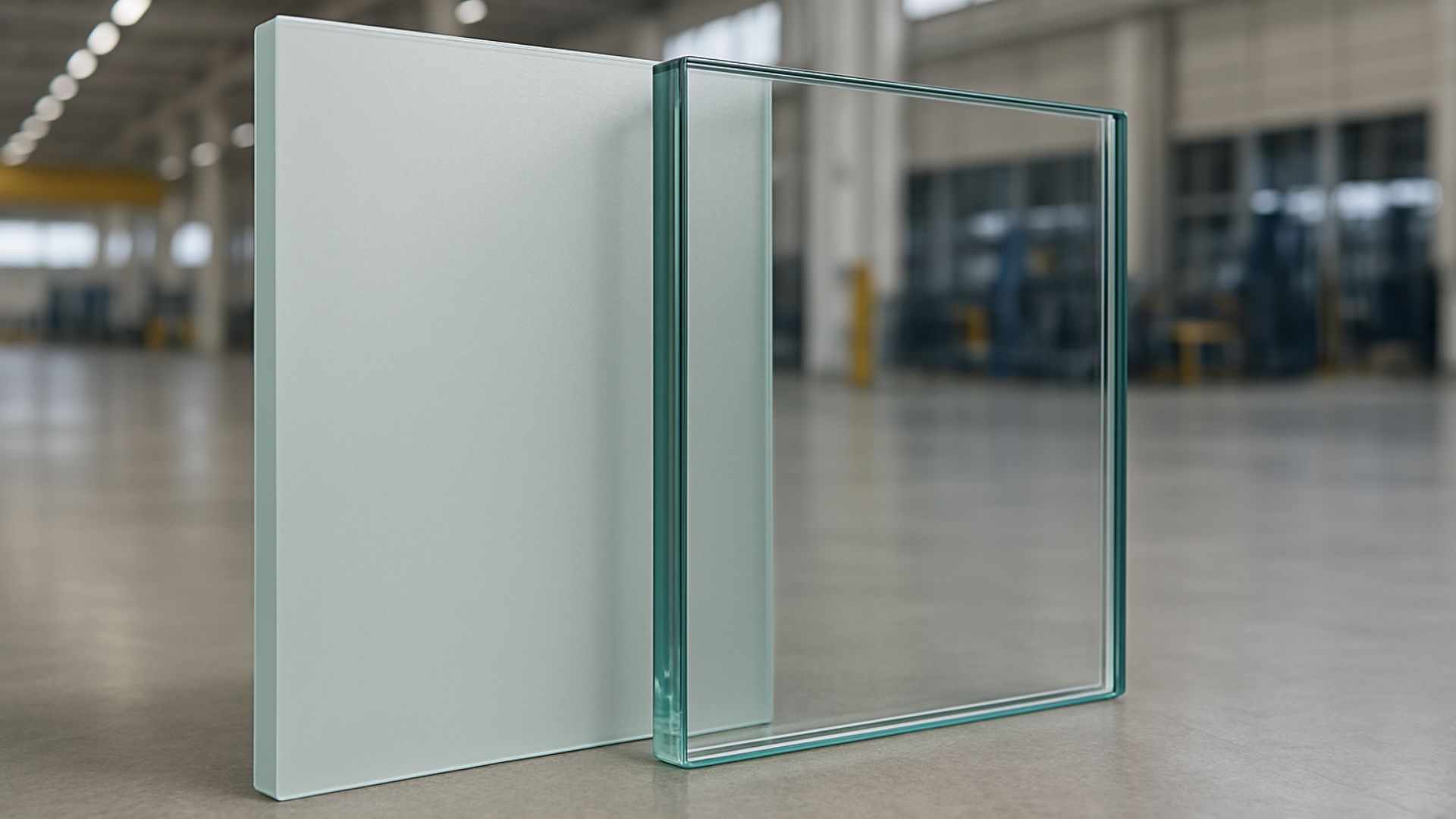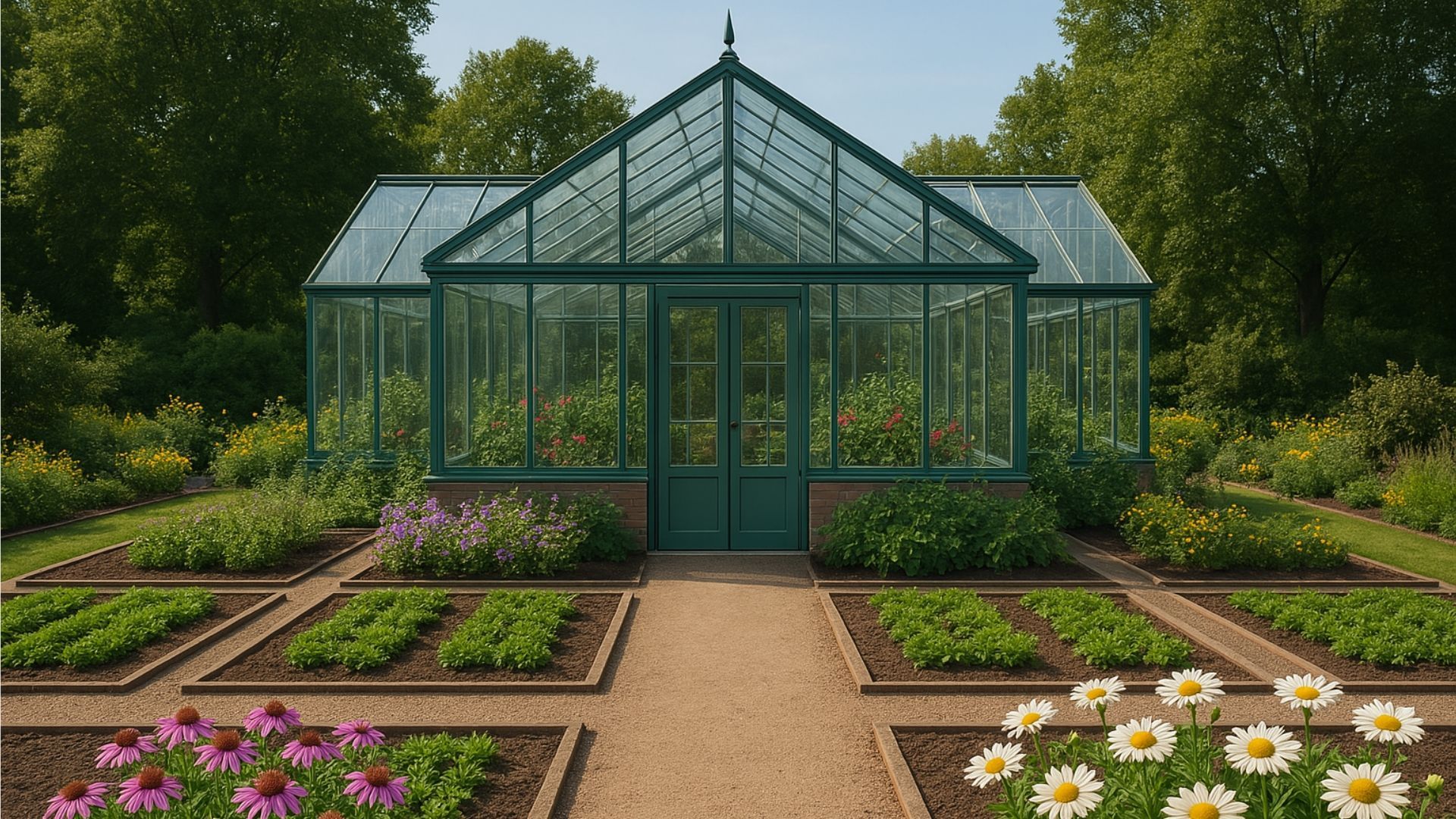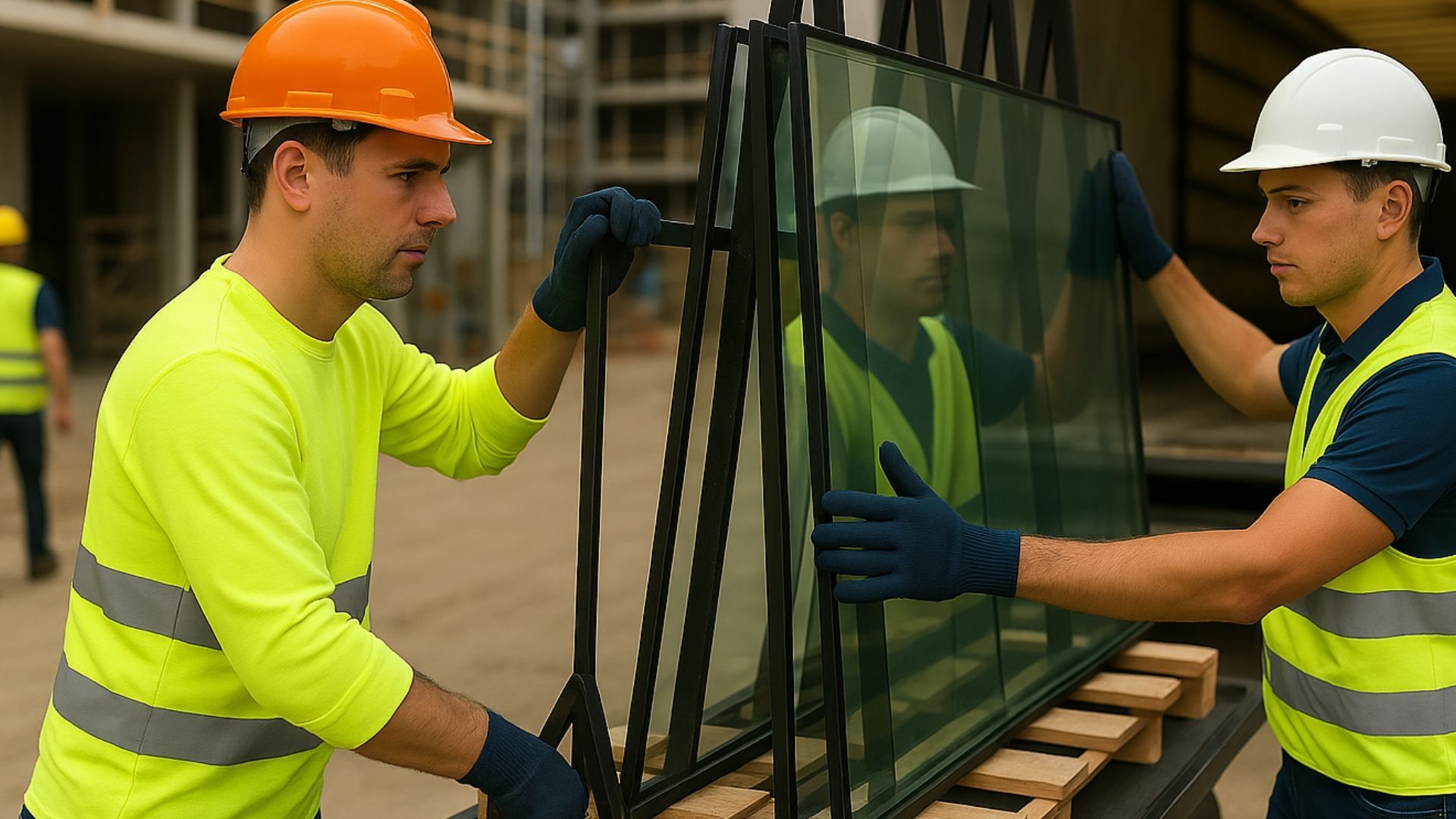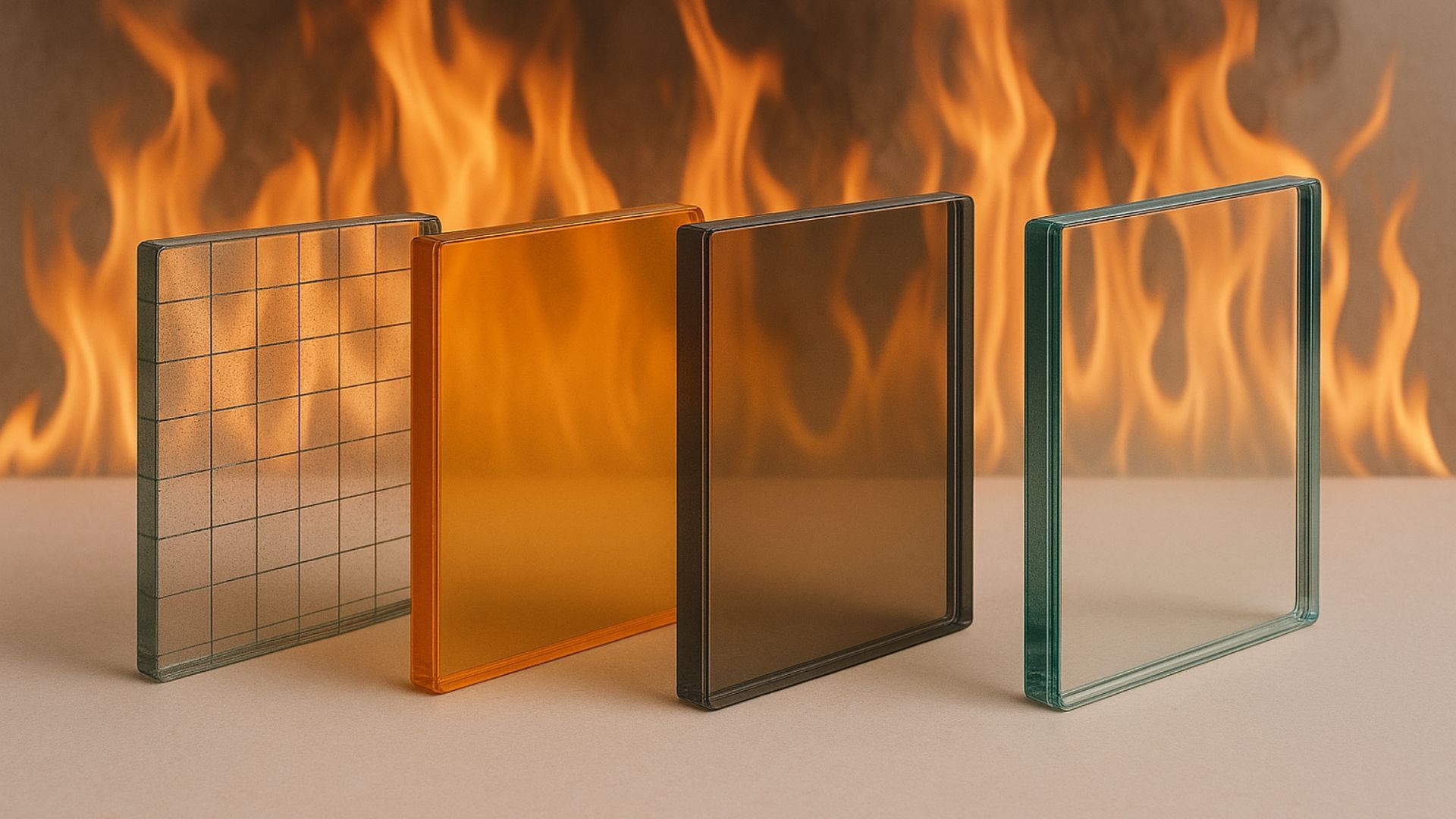How long does laminated glass last?
Share this blog:
Laminated glass is famous for its durability. But how long does it last? Get the facts in our 5-minute explainer.
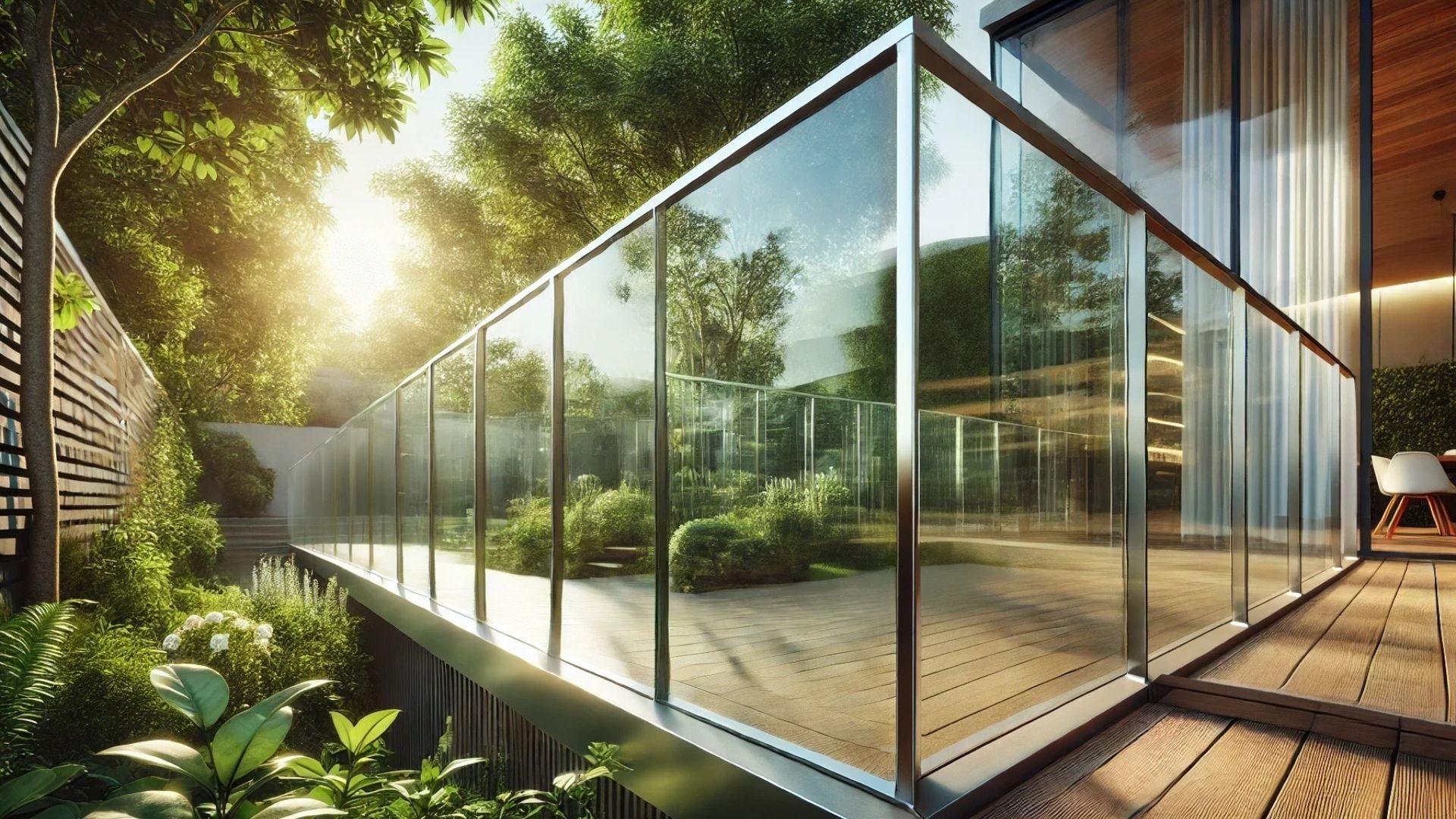
Laminated glass has a good reputation. It's durable, safe and energy-efficient. It's exceptionally hard to break – and when it does, it maintains its structural integrity, not a single shard in sight.
Yes, there's a reason that laminated glass is the glass product of choice for architects building homes and offices in areas vulnerable to hurricanes. To say it's "sturdy" is an understatement.
But how long does it last? It's a question that matters to architects, designers and businesses. After all, glass is an investment. You want to be sure that you're getting your money's worth over time.
Short answer: laminated glass can stay intact for anywhere between 25 and 50 years. Long answer: it all depends on multiple factors, including where it's installed, how it's maintained and what's going on in the surrounding environment.
What are these factors? It all begins in the factory.
What factors affect the lifespan of laminated glass?
The durability of laminated glass begins with the manufacturing process.
It's a complex product, with two sheets of glass encasing a plastic interlayer. These three components need to be of good quality – and they need to be bonded well.
Low-grade PVB (the plastic often used for interlayers) will lead to wear and tear. Cutting corners in the manufacturing process will mean the elements aren't bonded securely. These defects in the factory mean defects in the final installation.
Even so, you could install the world's best panel of laminated glass and still not get your money's worth. That's because the installation itself can affect the glass's lifespan.
If glazing is poorly fitted, moisture can enter the unit. Over time, this can spoil the interlayer, meaning you'll have to replace the window sooner than necessary.
The final factor that can reduce the lifespan of laminated glass is out of your control: the environment. Extreme temperature, high humidity and high UV radiation can all shave years off its life.
The environment may be out of your control – but getting the best glass in class isn't. A reputable glass processor will design its products to stay in good shape in spite of these factors.
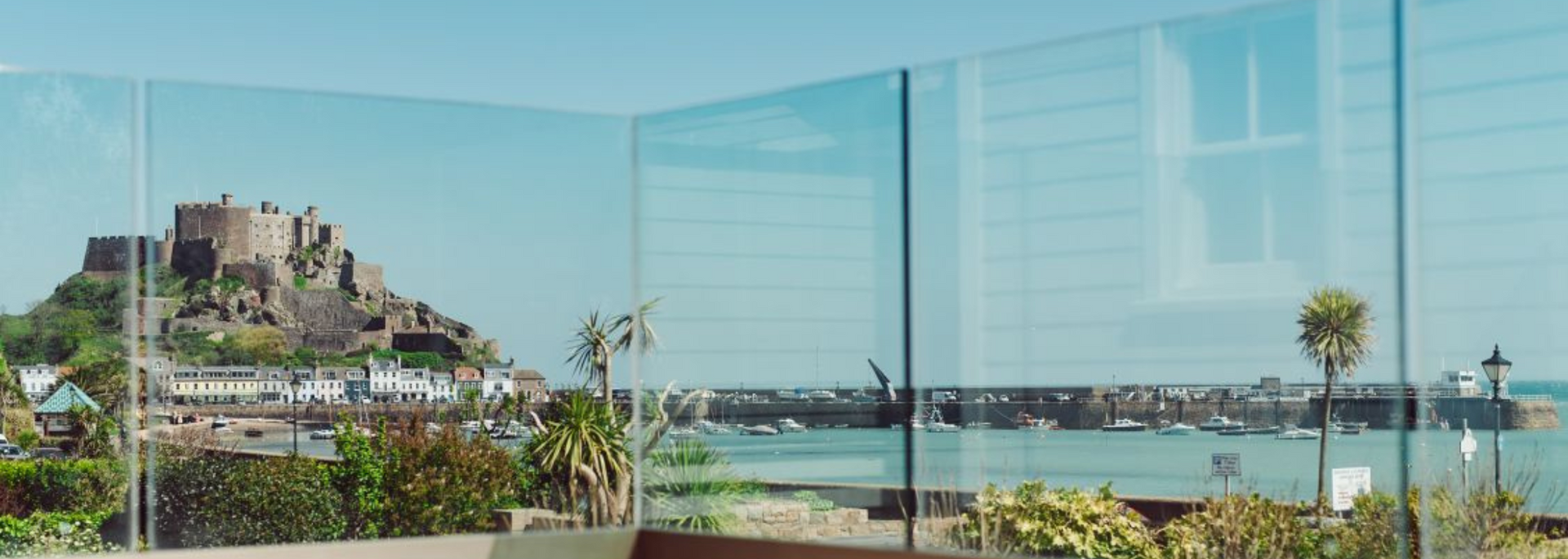
Does the application of laminated glass affect its lifespan?
Laminated glass is a versatile product. It can be used in residential homes for windows, doors and skylights. It can be used in shops for storefronts, cabinets and security windows. It can be used in offices for partitions and facades. And it can be used in cars and lorries for windscreens.
In all these settings, laminated glass should have roughly the same lifespan. Car windscreens are the one exception. Their constant exposure to the elements means they can have slightly less longevity. Even so, we're still looking at decades rather than years.
How can you increase the longevity of laminated glass?
One word for you: maintenance.
To ensure longevity, you need to clean your laminated glass regularly. Abrasive cleaners can damage the glass surface and the interlayer, so go for soap, water and a microfibre cloth instead.
You should also inspect laminated glass windows regularly for cracks or gaps in the seals. These let moisture in, which can damage the interlayer. If you see a gap, get it caulked as soon as possible.
Customers in hot climates should be aware that UV radiation can damage laminated glass over time. For this reason, you should either invest in glass designed to withstand strong sunlight or apply a UV-protective film or coating.
Finally, there's the question of impact. Laminated glass is extremely hard to break. But when it does, it's going to cost you. Obviously, you can't stop a vandal, terrorist or hurricane from damaging your beautiful glass. But you can take care when moving heavy objects near it.
How does laminated glass compare to other types of glass?
Laminated glass has a similar lifespan to
toughened glass. The main difference is the way toughened glass breaks. Rather than staying in its frame, it shatters into lots of small harmless pieces.
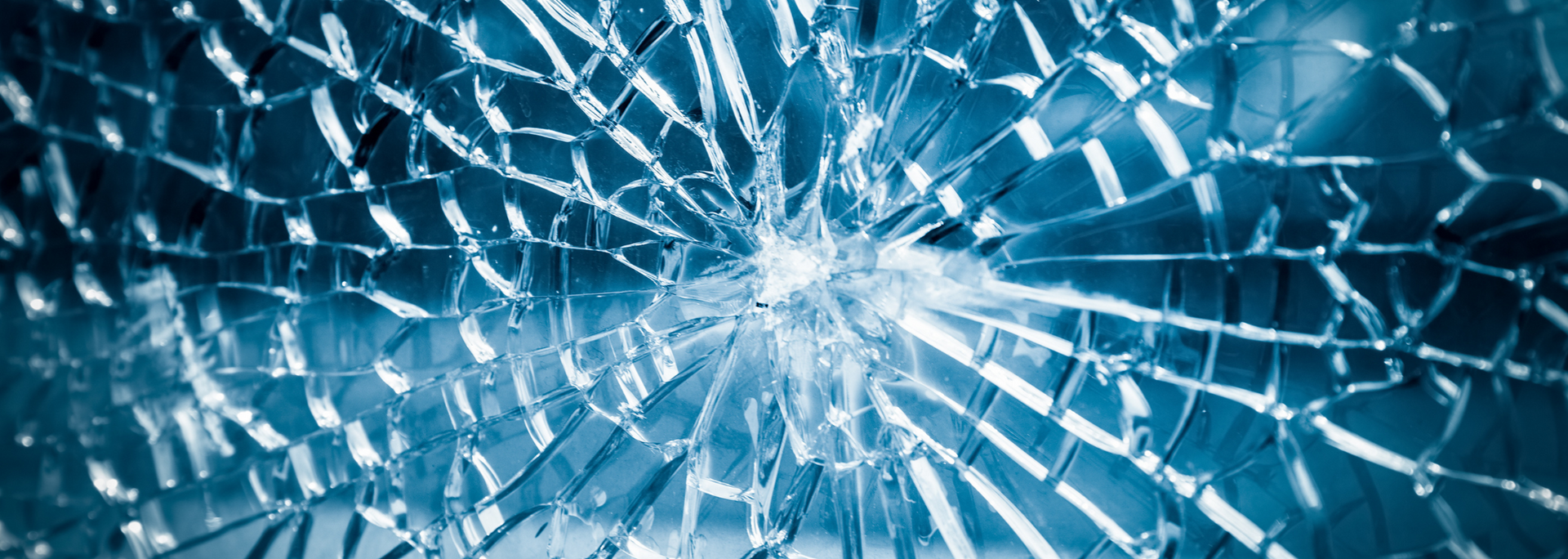
Annealed glass, however, is much less durable than laminated glass. Well-maintained and free from impact, however, it can last for years.
Who invented laminated glass?
Laminated glass is one of those fascinating products that was invented by accident.
A brilliant yet clumsy chemist named Édouard Bénédictus dropped a glass flask and noted with surprise that it shattered but stayed intact. He figured out that this was because it had been coated with cellulose nitrate.
Inspired, Bénédictus set about patenting laminated glass. It's thanks to his happy accident that glazing in cars, homes and offices is now so much safer.
Chapeau, Édouard,
chapeau!
What is the oldest piece of glass in the world?
So far, we've been talking about the lifespan of laminated glass as a matter of decades. But some pieces of glass have been around for thousands of years.
The oldest known piece of glass is a small bead unearthed in present-day Iraq. Scientists believe it to date from 3100 BC. It's a piece of natural glass formed when a meteorite hit the sand.
What are the benefits of laminated glass?
Laminated glass increases safety by staying intact when struck. In a car crash, for instance, this can be a difference between life and death. The same goes for bomb blasts, hurricanes, earthquakes and other extreme impacts. It helps keep intruders out, increasing safety in homes, offices and stores.
But it can also play a role in improving a business's energy efficiency. Less heat enters the building, meaning you're less likely to reach for the air con. This insulating layer simultaneously helps reduce noise pollution.
These benefits add up to a safe, durable, energy-efficient product that's also highly customisable. It can be
coloured or given a
decorative interlayer. It can be
digitally printed with a logo or other design. It can even be made
switchable – able to change from opaque to transparent at the click of a button.
Here at ToughGlaze, our laminated glass is processed in-house and meets BS EN and EN ISO standards. If you're in the market for some high-quality,
custom-cut laminated glass, don't hesitate to
get in touch for a quick, competitive quote.


